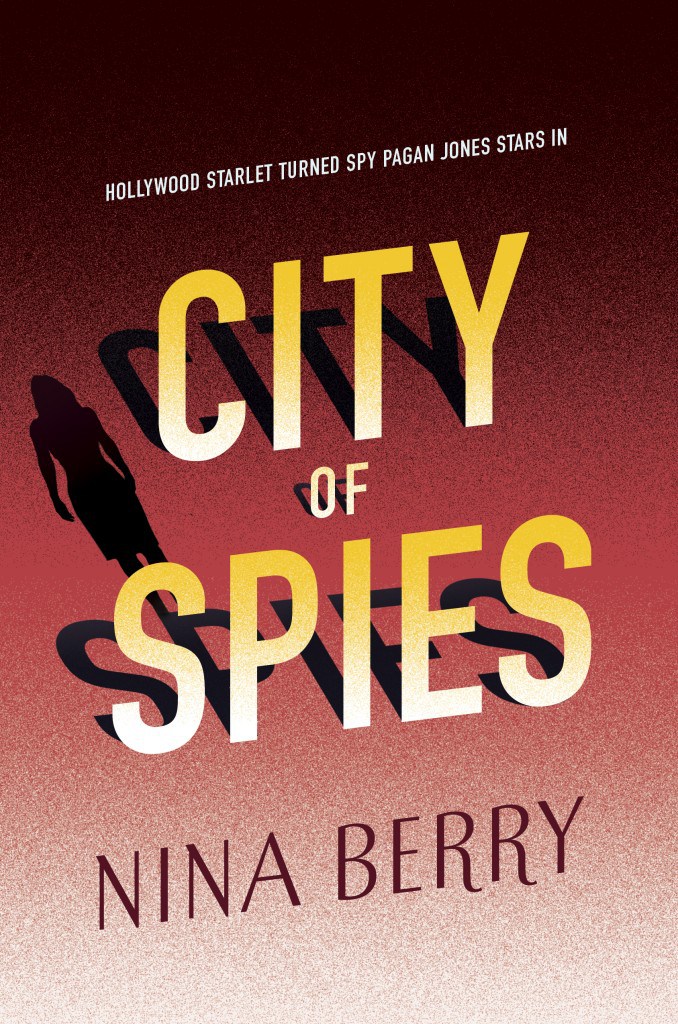‘He growled at me the other day!’
This is something I hear commonly from clients. It is always uttered with a tone of shocked and offended indignance which would lead you to believe

Ok, so it mightn’t look pretty, but growling is a wonderful warning system, and a really clear piece of communication which should never be punished.
that their dog had done something truly awful.But growling is a normal, natural, functional part of the dog’s vocabulary, and one we misunderstand terribly. Almost invariably, when people tell me that their dog has growled at them, they see the growl as a threat. An indication that the dog wishes to harm them. The irony is that a growl is exactly the reverse of this! Dogs growl to avoid conflict.
Dogs don’t speak the way we do, but that’s not to say they don’t have a complex system of communication. Their communication comprises body language, sounds, and odour.
Their range of sounds includes whining, whimpering, barking, howling, ‘chatting’, yelping, and of course, growling. As a highly social species, one of the primary purposes of communication for a dog is to avoid conflict. Growling is no exception. A growl says ‘I don’t want to fight, but I do want you to know I’m not comfortable with this’.
A growl rarely comes out of nowhere. If a dog is feeling uncomfortable with a situation, you can nearly always spot it in their body language first- they freeze, they look away, they show the whites of their eyes. They might lick their lips or yawn. However, we humans often miss these signals, and when we do, the dog is forced to escalate their behaviour, and a lot of the time, nobody hears the dog until they do growl.
And a growl is a wonderful gift. The growl itself is not an act of aggression, it is the only way the dog can make itself heard when all of his other signals have been ignored. If you punish a growl, you are disabling a really useful warning system. If a dog’s body language is ignored, and his voice is punished, he’s only left with one way of communicating- his teeth.
So, if your dog growls at you:
Don’t silence your dog. Don’t lose the gift of a growl.
Share this:





